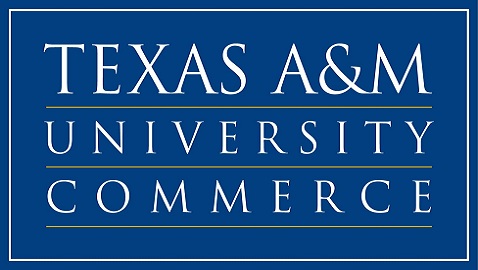Former Employee Alleges Texas A&M University Violated Labor and Whistleblower Acts
Post Views 5An employee of Texas A&M University-Commerce was fired for job performance and co-workers’ complaints. She alleged that the university violated the Fair Labor Standards Act (FLSA) and the Texas Whistleblower Act for terminating her based on complaints voiced to an auditor.
The woman worked in the university’s Financial Aid Department in Corpus Christi for 17 years before moving to the Commerce, TX campus as the Director of the Office of Financial Aid and Scholarships in 2006. In November 2008, she met with an outside auditor from the Texas A&M University System, who was conducting a regularly scheduled audit. Asked if she had any “concerns,” the woman provided a litany of problems – employee’s comp time had to be taken before vacation time, and accrued comp time might be lost since vacation had to be used before the end of the year; her department had accrued excessive comp time and employees were too busy to use it; a promoted employee had not been paid for her previously accrued comp time; and concerns over the operations of the university’s Financial Services division.
The auditor reported the concerns to the woman’s supervisor, the VP for Student Access and Success and the university president. In December 2009, one of the woman’s subordinates complained that the department’s staff was not being properly trained. The Assistant Director of Scholarships agreed, further noting the woman’s frequent tardiness and tendency to “lash out.” Around two weeks later, the woman was fired.
The former employee filed a lawsuit against the university, but the district court ruled in the defendants’ favor. On appeal, the plaintiff argued that the university had actually fired her for her reports to the auditor, which was in violation of the FLSA and the Whistleblower Act. She first had to show that she had engaged in FLSA-protected activity by filing a complaint – and an oral complaint would be sufficient proof.
The woman, however, failed at providing such evidence. She did not say that the FLSA or any law had been violated when speaking to the auditor. The plaintiff’s complaints, including accruement of too much comp time, were related to her job responsibilities – she was to monitor subordinates’ comp time and had the authority to hire more employees if she felt workers were too busy to use comp time. The auditor even stated in her affidavit that she believed the woman was actually seeking advice on how to properly manage comp time.
Other complaints seemed to be simply a disagreement over university policy. There was no proof that the university was aware of a potential FLSA complaint, and the woman didn’t follow policy by complaining to HR or the Office of General Counsel. Furthermore, she couldn’t demonstrate any adverse action from the university following her alleged protected activity. She’d been given a positive evaluation and merit raise months after the discussion with the auditor and hadn’t been fired until over a year later.
Unable to show that she’d initiated an FLSA complaint or that alleged whistleblowing was the legitimate reason for her termination, the woman’s case was dismissed by appellate judges and the district court’s ruling was upheld.
Former Employee Alleges Texas A&M University Violated Labor and Whistleblower Acts by Harrison Barnes



 The New Trend of Defamation Lawsuits
The New Trend of Defamation Lawsuits  What Does It Actually Cost to Hire a New Employee?
What Does It Actually Cost to Hire a New Employee?  Generation Y is Changing Corporate America
Generation Y is Changing Corporate America  Want to Attract Top Talent to Your Company? Have a Purpose
Want to Attract Top Talent to Your Company? Have a Purpose  How to Deal with Negative Employees
How to Deal with Negative Employees  Overwhelmed at Work? 7 Simple Strategies to Make Things Better
Overwhelmed at Work? 7 Simple Strategies to Make Things Better  10 Ways to Express Your Company Culture
10 Ways to Express Your Company Culture